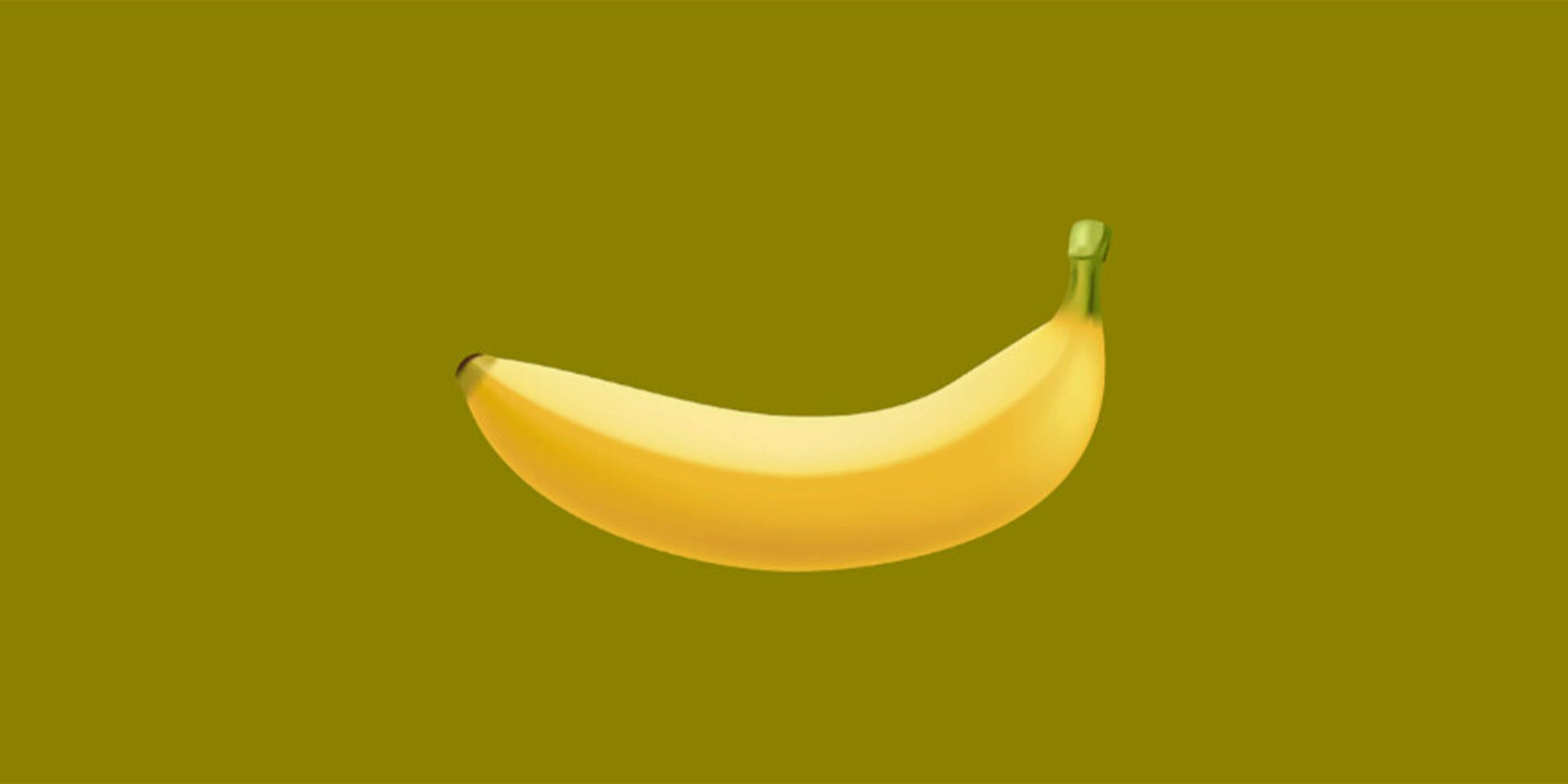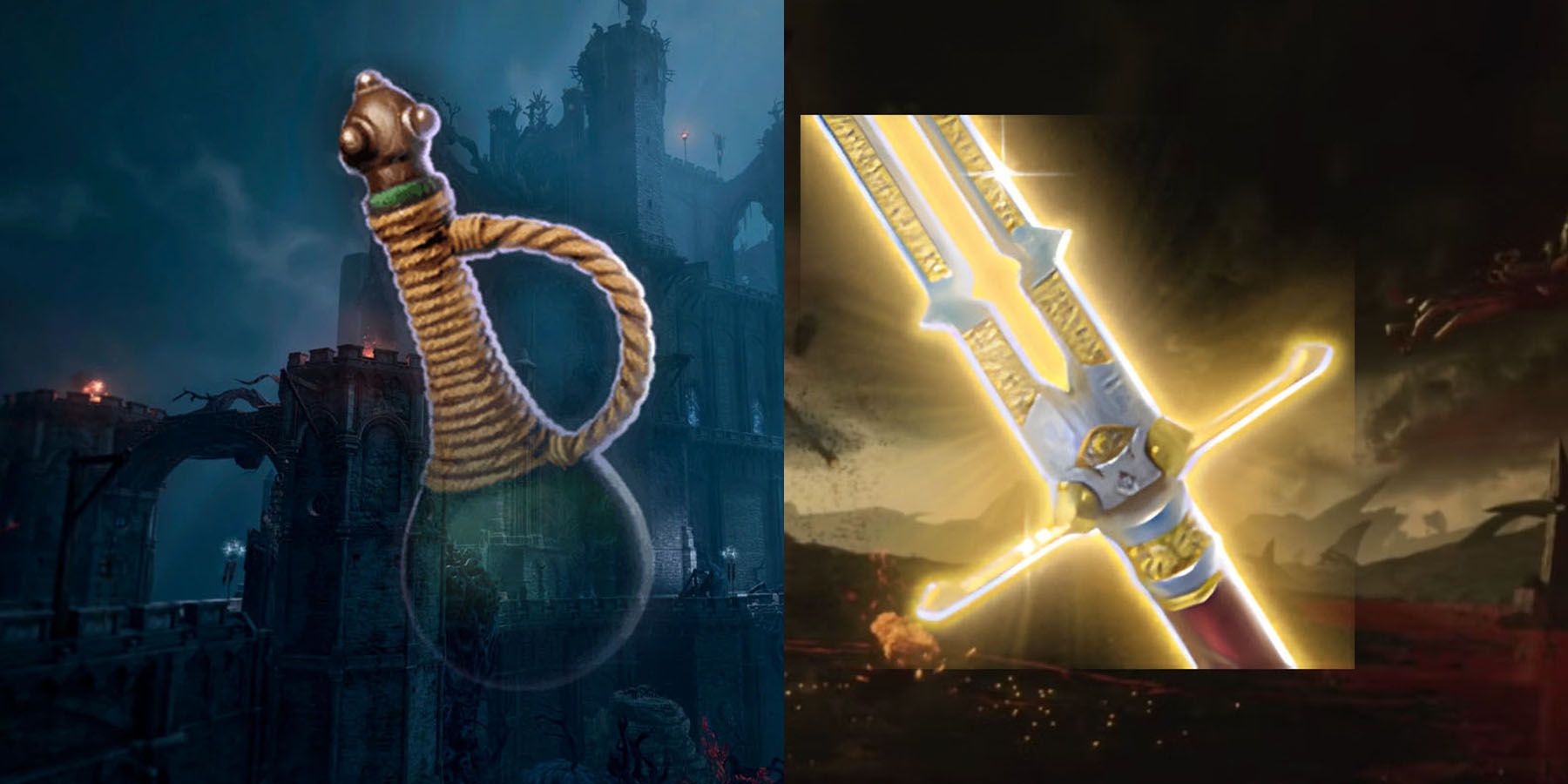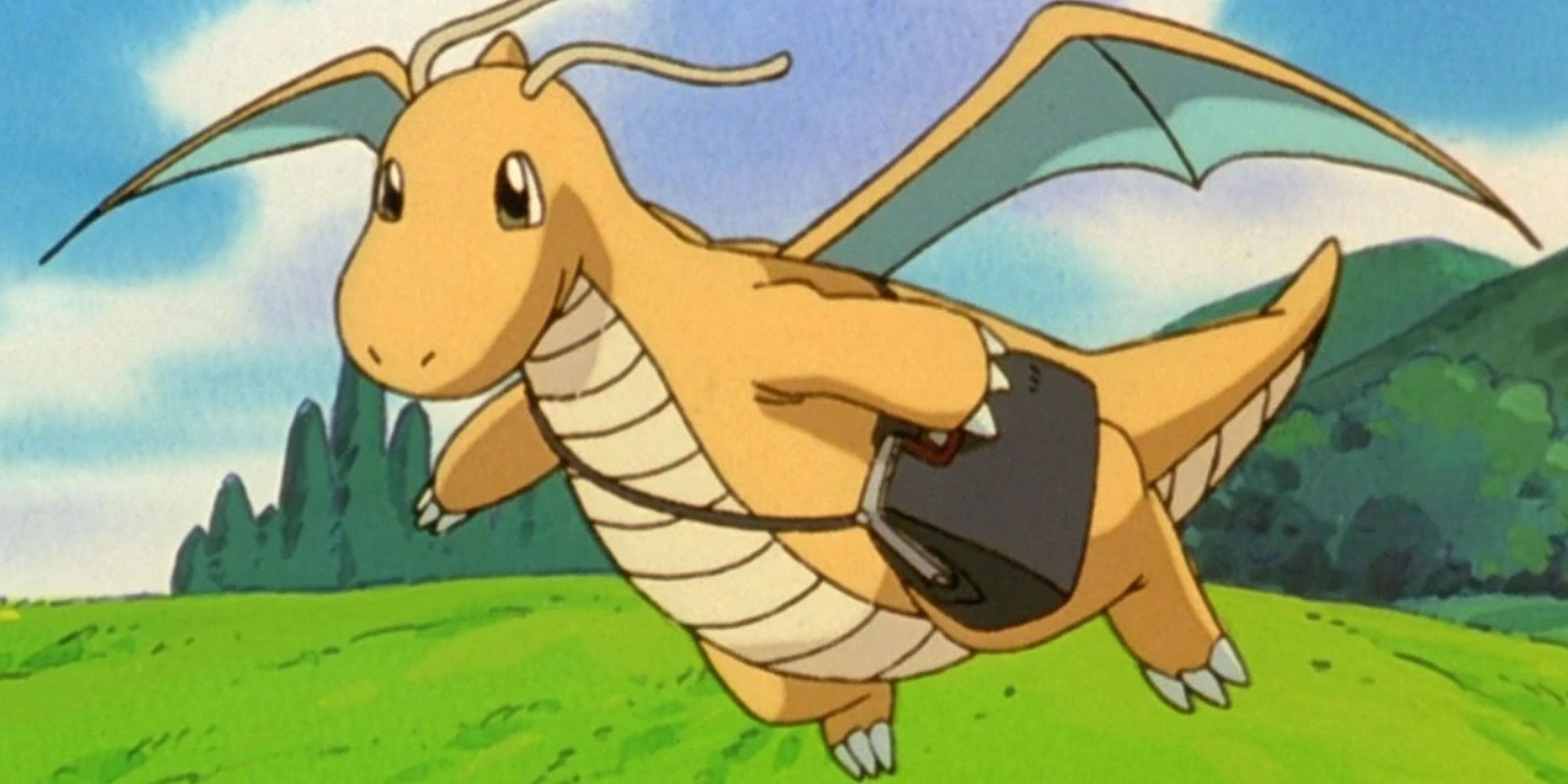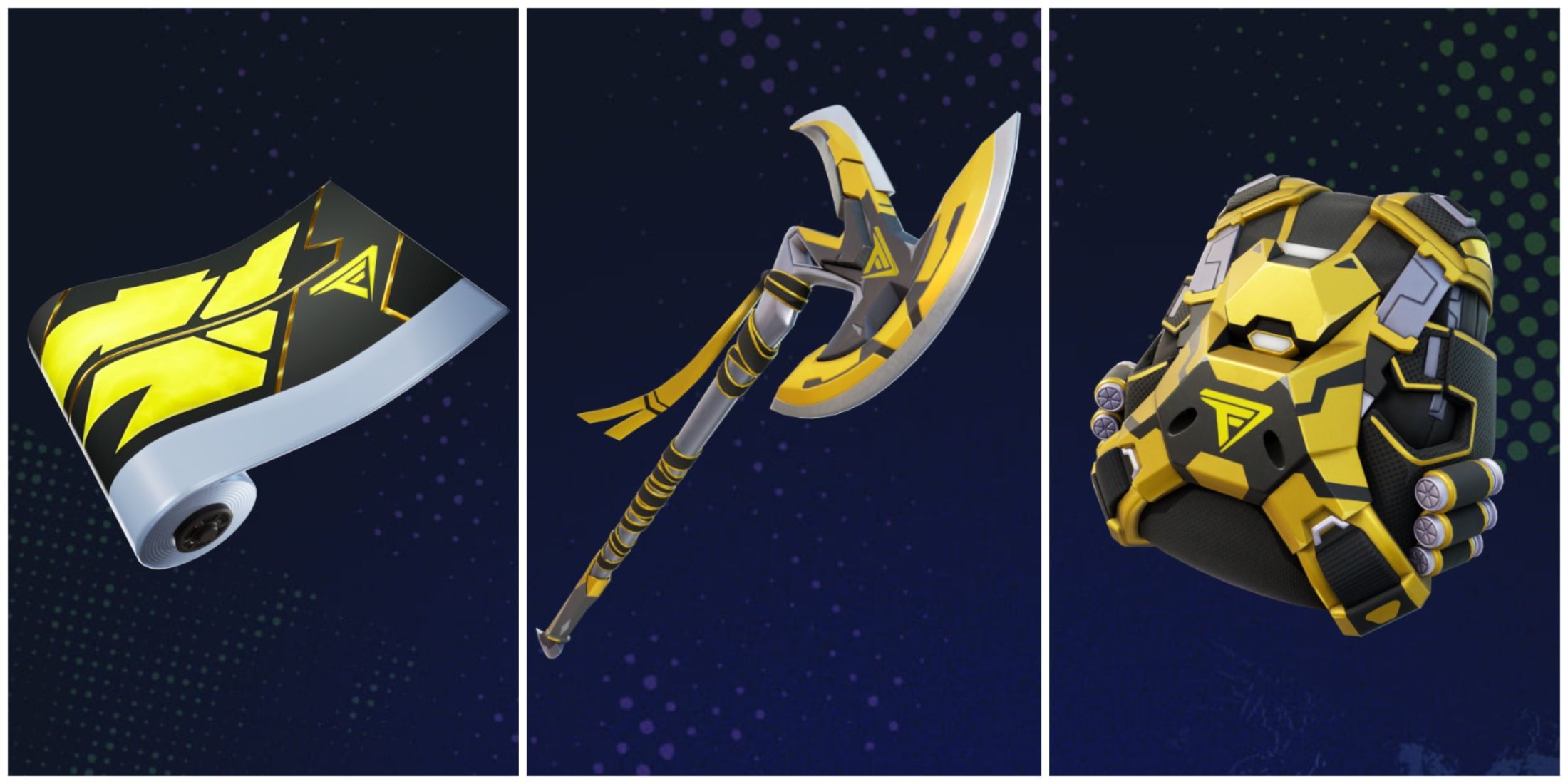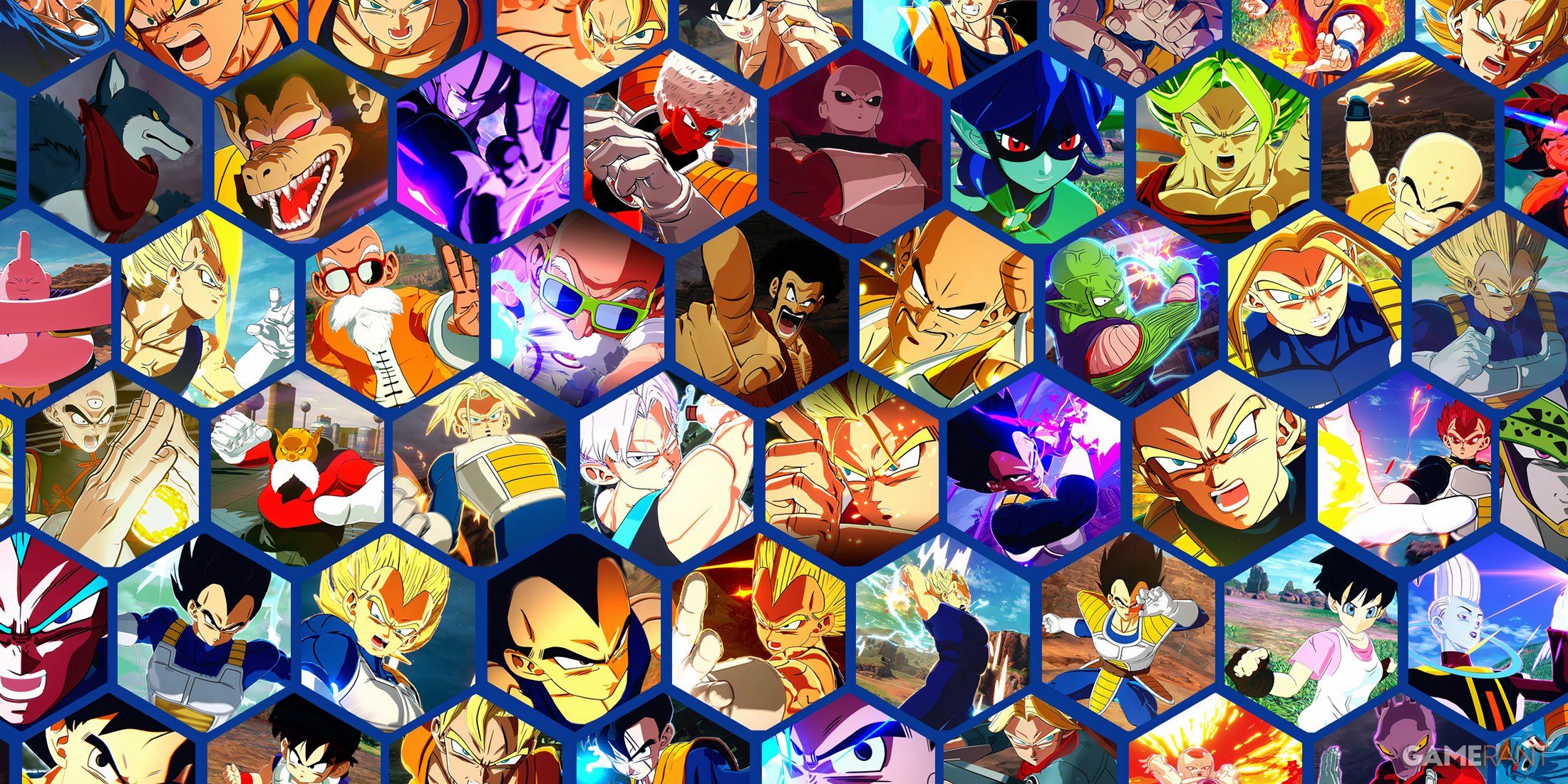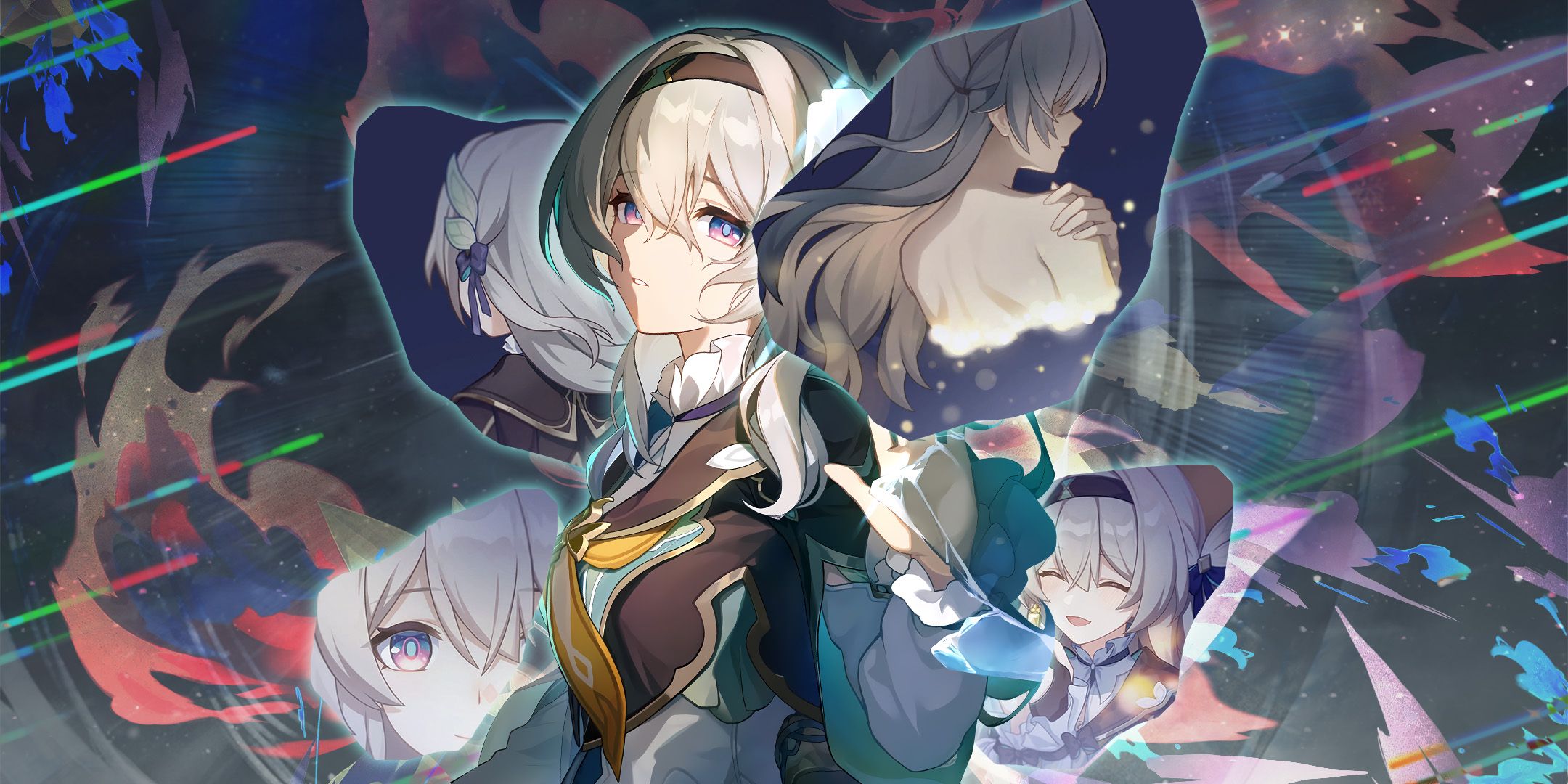Highlights
- The Unity-based clicker game Banana is accused of being a scam, but the developers deny it.
- Banana offers virtual skins of varying rarity that can be sold on Steam marketplace; some sell for hundreds of dollars each.
- Despite controversy, with over 800,000 players, Banana is currently the second-most played game on Steam.
The Unity-based clicker game simply called Banana has been accused of being nothing more than a scam, which the developers have firmly denied. The indie game is incredibly simplistic. Upon installing it, players are presented with a screen with a single banana in the center, and the gameplay consists solely of clicking on the fruit over and over. The Steam description elaborates that “every 3 and 18 hours, you get dropped a banana.”
In other words, after clicking for a while, a banana with a special skin will drop. These skins (some of which feature art used without permission or a license) are of varying rarity but currently have no actual use in-game. The only thing players can do with these skins, besides perhaps just hang onto them, is sell them on the Steam marketplace. It’s an odd game, no doubt. Yet, despite that, Banana has seen incredible growth on Steam in recent weeks. With over 800,000 players at the time of writing, it currently ranks as the second-most played game on the platform, according to SteamDB, beaten only by Counter-Strike 2.
4:06
Related
Indie Games That Became Major Success Stories
Though most only see a modest amount of success, some indie games have etched their way into video game history by becoming must-have titles.
As the indie game’s popularity has risen, so too have the eyes scrutinizing its success, and many people claim that it is simply a money-milking scam. While most of the banana skins that people obtain only sell for a few pennies on the Steam marketplace, the more rare are being sold for hundreds of dollars. One skin, the Crypticnana, currently has a starting price of $1,700 because there are intentionally only 25 in existence. Despite this seemingly inexplicable success and the resulting criticism, one of the developers, AestheticSpartan, denies that Banana is a scam in any way.
The Banana Game Is Extremely Successful, Scam or Not
AestheticSpartan admits to a lot of bots playing Banana and inflating the numbers, but there are also real people buying these banana skins, and Steam and the developers are taking a cut. IGN estimated that tens of thousands of dollars are earned each day thanks to this seemingly innocuous, weird little indie game. However, another member of the development team, Hery, told Polygon that Banana is thriving simply because it’s a “legal infinite money glitch. Users make money out of a free game while selling free virtual items.”
It’s worth noting that one of Banana’s former developers, aaladin66, previously made a game called Lass Ich Sliden, which was also accused of being a scam. Like Banana, it attempted to sell random virtual items to make easy money, though it didn’t perform very well. The business model seems to have been revamped and reskinned, so to speak, with Banana. Aaladin66 has been removed from the list of Banana developers.
If Banana were a scam, one might expect at least some people to feel, well, scammed and say as much in the Steam reviews. However, the game is sitting at a comfortable “Very Positive” rating on the platform, with over 23,000 reviews. How exactly it’s doing so well or why it’s so appealing is unclear. It might just be another puzzling yet temporary gaming fad, like 2016’s My Name is Mayo that had players endlessly tapping on a mayonnaise jar.
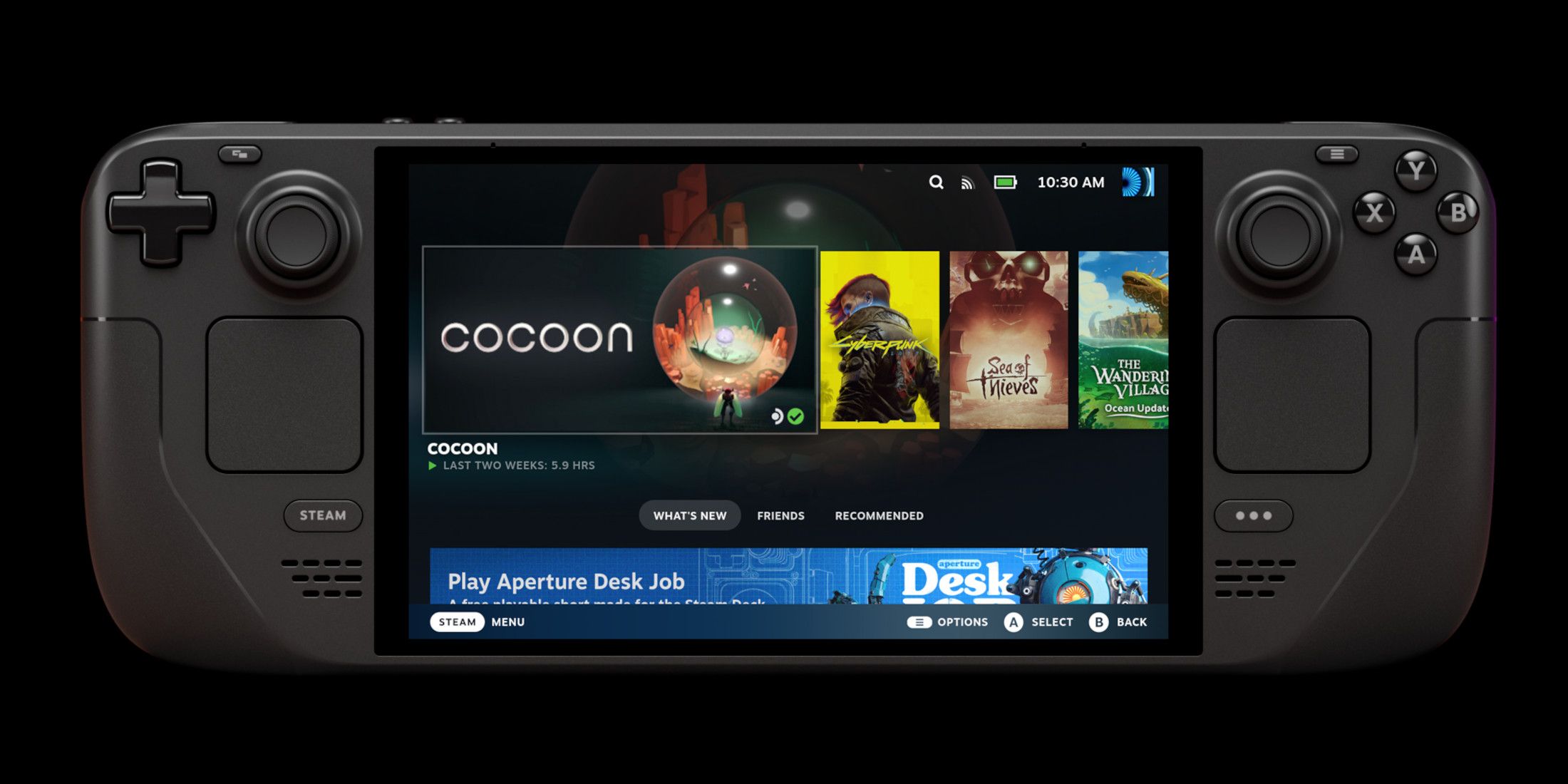
More
Indie Game Beats Fallout 4 and Baldur’s Gate 3 as Most-Played Steam Deck Game in April
An indie game beats some of the biggest AAA titles around to become the most played Steam Deck game for the month of April.
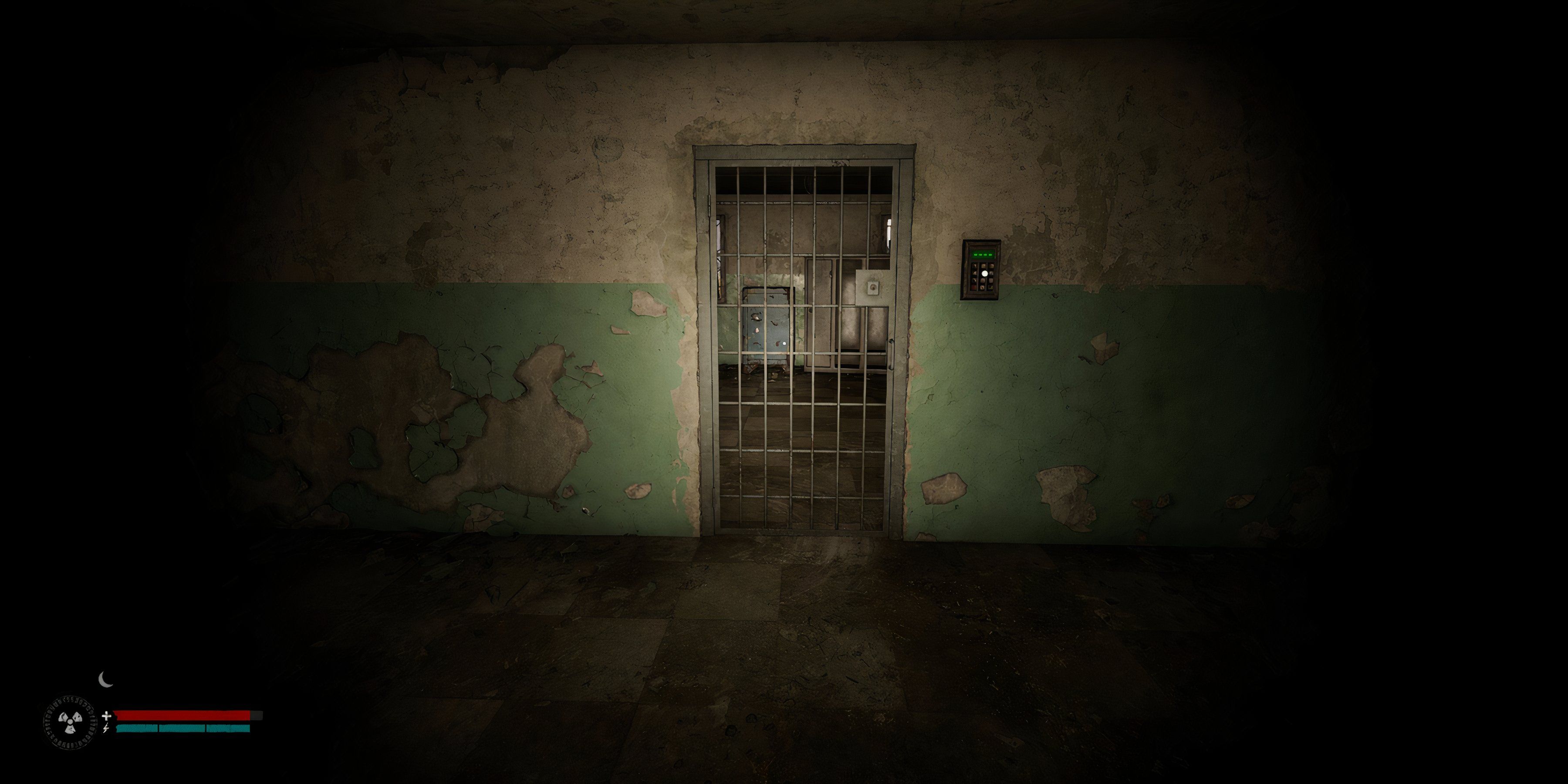
/cdn.vox-cdn.com/uploads/chorus_asset/file/25749377/VST_1122_Site.jpg)
